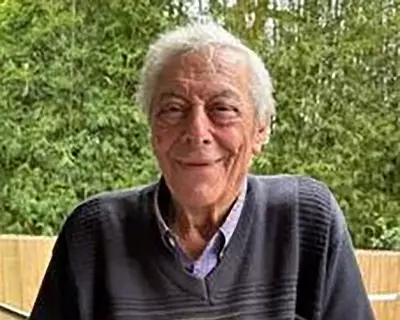
After spending three decades on death row for a crime he maintains he didn't commit, a Louisiana man has walked free after his murder conviction was overturned due to discredited forensic evidence.
The Case That Condemned an Innocent Man
Jimmie Duncan was originally convicted of first-degree murder in 1998 for the alleged rape and drowning of 23-month-old Haley Oliveaux, his then-girlfriend's daughter. The case seemed closed until new revelations exposed fundamental flaws in the evidence that sent him to prison.
In a dramatic turn of events this April, Fourth Judicial District Court Judge Alvin Sharp overturned Duncan's conviction, declaring that the forensic testimony used to condemn him was 'not scientifically defensible'. The judge noted that the infant's death appeared to have been an accidental drowning rather than a murder.
Flawed Forensic Evidence Uncovered
The case against Duncan unravelled when examination revealed shocking misconduct in the forensic investigation. A video recording showed Mississippi-based forensic dentist Michael West forcibly pushing a mold of Duncan's teeth into the child's body to create what were later presented as bite marks.
This manufactured evidence became crucial in securing Duncan's wrongful conviction. According to court filings obtained by CBS News, this bite mark analysis represented just one example of the faulty forensic science that plagued the case.
Remarkably, West later admitted in 2011 that he 'no longer believe[s] in bite-mark analysis' and stated it shouldn't be used in court, preferring DNA evidence instead. The Innocence Project revealed that West had used this discredited method in 81 cases, resulting in 31 convictions.
Family Support and Release
In an extraordinary show of support, the child's own mother, Allison Layton Statham, campaigned for Duncan's release. At a hearing in July, Statham declared: 'This innocent man is on death row. Justice needs to be done.'
Statham had left her daughter in the care of Duncan, then 25, who she had been living with for several months. She described how Duncan had been distraught and profusely apologetic following the incident, initially leading to charges of negligent homicide rather than murder.
The mother expressed fury at authorities, accusing them of wanting to 'bury the truth' and having 'railroaded' Duncan. She revealed she hadn't been informed about evidence that could have exonerated him, stating things would have been different had she known.
Duncan was subsequently released on a $15,000 bail while the Louisiana Supreme Court reviews his case. His lawyers described him as a 'model prisoner' who helped other death row inmates obtain their GEDs and had garnered strong community support for his release.
This case highlights ongoing concerns about wrongful convictions based on discredited forensic methods. An Associated Press review from 2013 found at least two dozen wrongful convictions or charges based on bite mark evidence since 2000, underscoring the urgent need for reform in forensic science practices.






